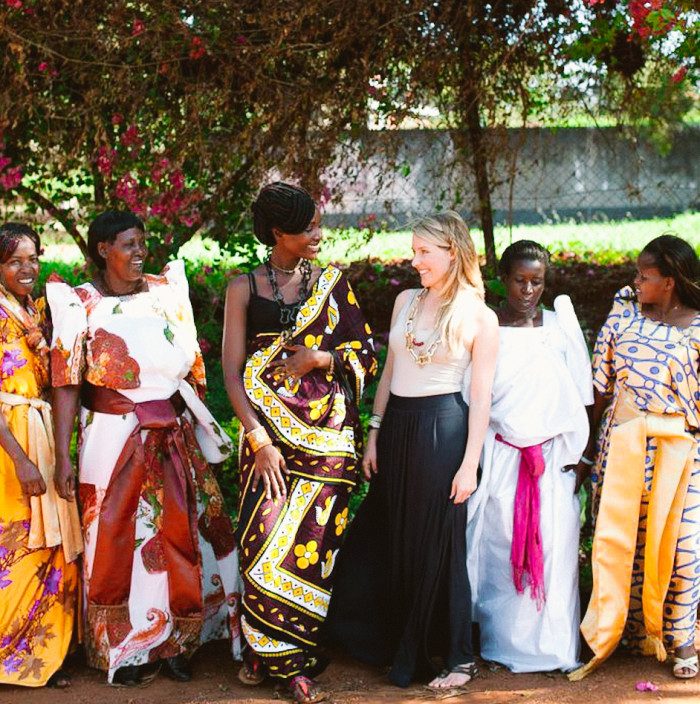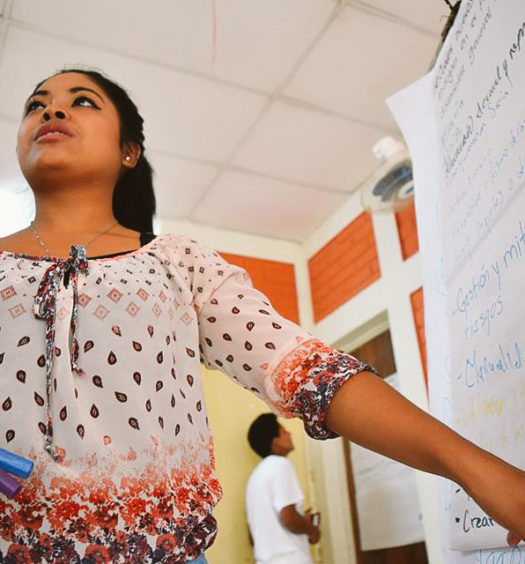Social Business Success And Staying True To Your Mission

Throughout history, there have been extraordinary men and women who have created movements and inspired social change in their time. We can call these people “social entrepreneurs.” What is different about the social entrepreneurs of today, however, is that they operate in a context where their scale and reach are literally unlimited. Because of the interconnectedness of our global society, social business movements in particular have emerged as one of the preferred paths toward addressing the great challenges of our world. And yet, too often, these movements lose their way.
While social entrepreneurs share many similarities with traditional business entrepreneurs, social entrepreneurs differ in that their priority is not profit. The social business landscape is dynamic and diverse, but all social businesses have this quality in common: they are all driven by some cause greater than wealth creation.
Globalization has created unique opportunities for impoverished communities to participate actively in the world economy so that they can achieve sustainable growth and development. The explosion of American philanthropy and hybrid philanthropic developments (such as “impact investing”) have made it possible for social enterprises to scale more rapidly – and consumers pay attention. Informed shoppers (the beneficiaries) help drive and are responsible for proliferation of fair trade and social products in the marketplace. As a result, social businesses present unique opportunities for the economic development of the world’s poor.
But even as entrepreneurs begin to succeed in driving social change, they are met with new challenges. Ironically, success itself seems to cause the entrepreneur to become less effective at carrying out the organization’s’ core mission. Many lose focus on their social mission precisely because they grow. The demands of growth and competition of greater – and more profitable – markets can cause social businesses to make compromises that affect the impact of their core social mission. Over time, many social businesses lose focus on their social mission altogether, abandoning the very people who they initially set out to serve.
My belief is that this shift in focus signals the end of the social business movement. While quality products, operational excellence, and profitability (and even margin) are important aspects of a social business, the social mission must remain paramount. As the social business movement grows, higher standards for impact must evolve. If the business aspect grows, the social mission has to scale at the same pace. Without this commitment to the social mission, the movement will not last.
[Tweet “Success is measured not by financial returns alone but by improvements to people’s lives. “]Today’s social businesses have a unique niche. They operate in an enlightened market environment where success is measured not by financial returns alone but by improvements to the quality of people’s lives. The critical distinction between entrepreneurship and social entrepreneurship lies in the value proposition. The social entrepreneur’s value proposition is positioned to serve a highly disadvantaged population that lacks the financial means to obtain benefits on their own.
Economic and social change cannot be imposed from without. But they also cannot be arrived at by doing business the “same old way”. Doing social business the right way means a long-term commitment to a social mission.
LEARN. CONNECT. ACT.
Learn more about Akola Project
Connect via Facebook, Twitter, Instagram
Act by becoming an Akola Ambassador
FROM THE EDITOR
At Conscious, we are inspired by remarkable people, and so we set out to tell stories that highlight real human interactions and human dignity. You can read more stories like this when you Subscribe.
Editor’s Note: Brittany Merrill Underwood of the Akola Project joins Conscious Magazine to launch a column on International Development. This topic is important to Brittany because she believes that globalization presents unique opportunities for the economic development of the world’s poor. Check out her interview here and monthly column here.



